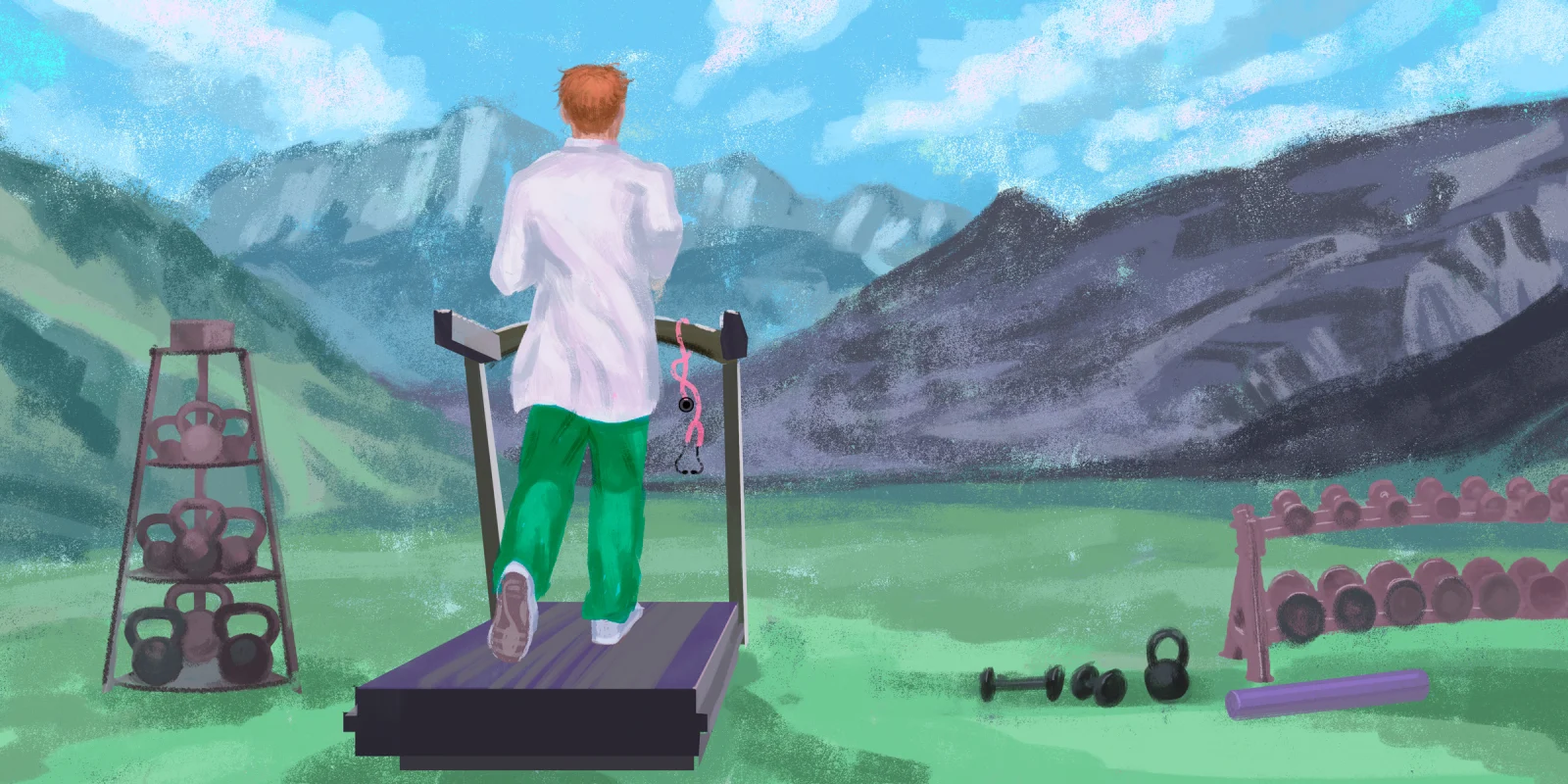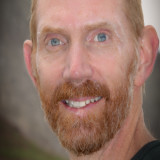“Good enough is good enough.”
I was shocked to hear those words from an attending surgeon I respected for his great dexterity in the OR. I was a junior surgical resident and had just completed a vascular anastomosis that, despite my great care, had turned out uneven and irregular. I was disappointed with the result, but my mentor seemed unfazed.
“All that matters is that it holds,” he said. And it did.
Over five years of surgical training, I would hear some version of "good enough is good enough" from many other surgeons. I would also hear a warning misquoted from Voltaire, "The enemy of good is better." I came to accept that the maxims were true in the OR. Trying to do surgery perfectly is a vanity patients can ill afford. I could spend an hour creating a perfect line of sutures, but it would be an unnecessary hour that the patient spent on a cold operating table while under anesthesia. In short, striving for perfection in the OR can be detrimental to patients. Surgery requires the blending of expediency and perfection; it requires the surgeon to know when good enough is good enough.
I have applied this lesson to countless surgeries since my training, but it took me years to realize that it also applies to my life outside of the OR. Before I entered medical school, I wanted to one day own a comfortable home, buy a new car, travel the world, and share it all with someone special. That was my ambition. If I could achieve those objectives, then I would know I had made it. I would know my life was good enough.
Ten years into practice, I had a comfortable house, two new cars, and I’d traveled Europe and Australia with my one special person. By my previous estimation, I had made it. So why was I working long hours, nights, and weekends to get ahead? Why was I spending my days away from the remarkable people I wanted to be with? Why did I feel trapped by a schedule that made it difficult for me to free up the time to travel?
Why didn't I think that my life was good enough?
My problem, I know now, was that I was focusing on the gap rather than the gain. Despite how far I had come from my modest, rural Iowan beginnings, I had lost sight of my progress. Every day at work, I interacted with doctors who had more years in practice. They talked about their bigger homes, more luxurious automobiles, and vacation properties. No matter how well I did, I could always point to some doctor who was doing better in some aspect of their professional or personal life. By comparing myself to others, I never felt I was doing good enough. I was focusing on the wrong part of my story. Instead of reflecting on how far I’d come, I fixated on the gap between where I was and where I perceived others to be — where I thought I should be. So I worked longer hours and took on more responsibilities in a misguided attempt to become "good enough." It was as if I expected that, at some point, someone would recognize my sacrifices and accomplishments and tell me that I had finally arrived. … But arrived where? I didn't know, and no one else cared. There is no medal for being good enough.
As I worked hard to be good enough, I became obese, unhappy, unhealthy, and chronically angry at the world. At my lowest point, I realized that I would never have it all — but, ironically, the recognition proved liberating. It changed my thinking. I stopped focusing on the gap between where I was and where I felt I should be and focused on the gain.
The gain is the distance from where you started to where you are today. When I looked at my progress, I realized how much I had achieved in my life. By putting myself back in the dusty boots of my 18-year-old self, I recognized that I had come further and accomplished more than that insecure teen could have ever imagined. I never dreamed I would sail on a yacht, and yet I had sailed amongst the islands of the Caribbean. And that crazy dream to visit the continent down under? I spent three weeks there. I had a nice home, two late-model automobiles, and an amazing woman to share it all with. By my teenage estimation, I was more successful than I had hoped. To my adolescent self, I was more than good enough.
And the more I looked back, the more I saw. In addition to the gain, I became aware of a new gap — not between what I had and what I wanted to have, but between who I wanted to be and who I had become.
My younger self was an avid outdoorsman, inveterate reader, and budding photographer. Yet, I was spending my days in windowless office and procedure rooms. I deemed pleasure reading too frivolous in medical school because I had medical tomes to get through. The camera I had used to collect memories was now collecting dust. I had become so unfit and portly that I couldn't carry a backpack up a flight of stairs, let alone hike up a mountain. The teenager I’d been had a lot of reasons to be disappointed, too.
Looking at my life through the eyes of my younger self, I realized that the gap I needed to bridge was not between where I was and where I saw other doctors were. The void I needed to bridge was between the person I had wanted to be and the person I had let myself become. My most crucial gap wasn't in front of me; it was behind me.
There is a Zen saying, "When the student is ready, the teacher will appear." As dramatic as that may sound, my teacher appeared in the mail in the form of an invitation to join a medical group traveling to the isolated Buddhist nation of Bhutan. It offered me the opportunity to travel to a culture that I had long found fascinating. The opportunities to photograph people, culture, and landscape would be unmatched, and of course I would need to do some extracurricular reading to catch up on the history of this rarely visited land. Perhaps most importantly, I would need to get back into shape if I was going to be hiking in the Himalayas.
So, I dusted off my camera, visited the library, and joined the YMCA. Over the next several months, I worked to narrow the gap between the better parts of who I had once been and who I was at that time. I would ultimately lose over 100 pounds, reacquaint myself with my past love of reading and learning, and capture some fantastic images (shameless self promotion: view my images at chuckblackphotography.com). In the end, I would transform myself into a better approximation of the person I am meant to be.
It’s easy to get caught up in trying to keep up with those around you. It’s easy to spend too much time eyeing the gap between where you are and where others are, which makes it easy to feel that you are not good enough. In reality, your gain is probably significant. It may also be true, though, that the real gap is between who you wanted to be back then and who you are today. But if you recognize that, you can find a meaningful way to move forward.
Who did you want to be when you were 18? Is that person who you are today? Reminisce and reflect in the comments.
Charles Black is a general surgeon, father, landscape photographer, writer, outdoorsman, and fireside philosopher. Catch up with him at ChuckBPhilosophy.com where he writes about life, the universe and everything. You can also view his photos on ChuckBlackPhotography.com. Dr. Black was a 2019-2020 Doximity Op-Med Fellow, a 2020–2021 Doximity Op-Med Fellow, and is currently a 2021–2022 Doximity Op-Med Fellow.
Illustration by Jennifer Bogartz






